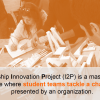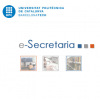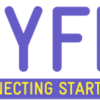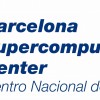-
Studies
-
Masters
- Do you want to study a Master Degree?
- Master in Informatics Engineering
- Master in Informatics Engineering - Industrial Modality
- Master in Innovation and Research in Informatics
- Master in Artificial Intelligence
- Master in Cybersecurity
- Master in Data Science
- Erasmus Mundus Master in Big Data Management and Analytics
- Master in Urban Mobility
- EUMaster4HPC
- Other Masters
-
Masters
-
Mobility
- Research
- Companies
-
The FIB
- Studies
- Bachelor's degrees
- Masters
- Do you want to study a Master Degree?
- Master in Informatics Engineering
- Master in Informatics Engineering - Industrial Modality
- Master in Innovation and Research in Informatics
- Master in Artificial Intelligence
- Master in Cybersecurity
- Master in Data Science
- Erasmus Mundus Master in Big Data Management and Analytics
- Master in Urban Mobility
- EUMaster4HPC
- Other Masters
- Academic Management
- Grants and Financial Aid
- Mobility
- Research
- Companies
- The FIB
The 'Rovernetas' team made up of GIA and CFIS students wins the Sener's Bot Talent, beating multiple master's teams
Thursday 11 July 2024
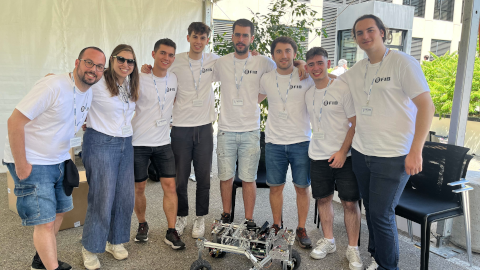
The team of 8 students from the Artificial Intelligence Degree (GIA) at the Polytechnic University of Catalonia (UPC) has achieved a remarkable milestone by winning two of the three prizes in the Sener's Bot Talent robotics competition, held in Madrid. Despite being the only undergraduate group among master's teams, the students have demonstrated excellent capacity and innovation.
The UPC team, Rovernetas, tutored by the Artificial Intelligence Degree professors Anaïs Garell and Isiah Zaplana, was made up of Víctor Molina, Gerard Gómez, Roger Vendrell, Pedro Mateu, Ivan Sánchez, Carlos Ruiz (all from GIA), Arnau Marzabal and Ferran Hermida (from the Higher Interdisciplinary Training Center - CFIS). The students stood out in the technological innovation tests and scored high in the five tests. The competition included perception, control, localization, planning and navigation challenges with a Rover robot similar to those used on Mars.
Among the four participating teams from various Spanish universities, the UPC team was the only one to complete one of the tests in its entirety, underlining its technical mastery and capacity for innovation. The other teams were from the Polytechnic University of Madrid, the Carlos III University and the European University.
The competition, organized by Sener and the Sener Foundation at the Sener headquarters in the Madrid Technology Park, has been a great success for the students of the GIA, the CFIS and their tutors, who are very proud and satisfied with the results obtained .
The challenges included:
- Perception: Detect the color and number placed on a box and rotate clockwise or counterclockwise a number equal to the one placed on the box
- Control: Take a route within a closed hallway without leaving the lines delimiting the route.
- Localization: Locate the robot within a space using aruco markers and go to four subgoals in a given order.
- Planning: Plan the optimal route avoiding obstacles to go to four other subgoals.
- Navigation: This test was ultimately not carried out.
This success highlights the great capacity and preparation of the students of the Artificial Intelligence Degree at the UPC, highlighting the potential and excellence of the training received in this program.
Congratulations to all participants for this well-deserved success!
Where we are
C/Jordi Girona Salgado,1-3
08034 BARCELONA Spain
Tel: (+34) 93 401 70 00
Contact with us
© Facultat d'Informàtica de Barcelona - Universitat Politècnica de Catalunya - Website Disclaimer - Privacy Settings







